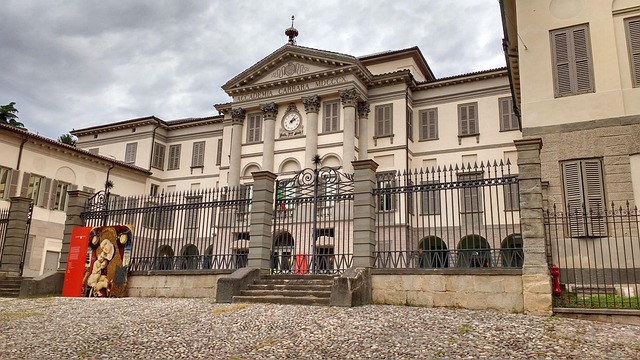
Académie Française
Introduction
The Académie Française, established in the early 17th century, serves as a pivotal institution in the preservation and promotion of the French language and literature. Founded under the auspices of Cardinal Richelieu and King Louis XIII, the Académie has played a significant role in shaping the linguistic and cultural landscape of France. This article explores the history, functions, and contemporary relevance of the Académie Française.
Historical Background
On February 22, 1635, the Académie Française was officially established through letters patent granted by King Louis XIII. The primary objective of the Académie was to provide precise rules for the French language, enabling it to adequately express the arts and sciences. The institution was composed of forty members, known as "les immortels," who were tasked with safeguarding the integrity of the French language.
Throughout its history, the Académie has faced various challenges, particularly during the French Revolution. In 1792, the National Convention suppressed all royal academies, including the Académie Française, prohibiting the election of new members and ultimately abolishing the institution in 1793. However, in 1795, a new entity called the Institut de France was established, which encompassed various academies, including the Académie Française.
Napoleon Bonaparte, recognizing the importance of the Académie, restored it in 1803, albeit with a modified structure. The institution continued to evolve, adapting to the changing sociopolitical landscape while maintaining its core mission of linguistic preservation.
Functions and Responsibilities
The Académie Française is primarily responsible for the regulation of the French language. Its key functions include:
- Dictionary Compilation: The Académie is tasked with the creation and maintenance of the official French dictionary, which serves as a reference for correct usage and definitions of words.
- Language Preservation: The institution works to protect the French language from foreign influences and neologisms that may undermine its integrity.
- Literary Awards: The Académie awards several prestigious literary prizes, including the Grand Prix du roman, which recognizes outstanding works of fiction.
- Cultural Promotion: The Académie engages in various initiatives to promote French literature and culture both domestically and internationally.
Contemporary Relevance
In the modern era, the Académie Française continues to play a crucial role in the cultural life of France. Its influence extends beyond linguistic regulation; it serves as a symbol of French heritage and identity. The institution actively participates in discussions regarding language evolution, addressing contemporary issues such as the integration of digital communication and the impact of globalization on the French language.
Moreover, the Académie's literary awards, including the Grand Prix du roman, remain highly regarded within the literary community. These awards not only recognize individual authors but also contribute to the promotion of French literature on a global scale.
Conclusion
The Académie Française stands as a testament to the enduring significance of language and literature in shaping cultural identity. Its historical legacy, ongoing functions, and contemporary relevance underscore the importance of preserving linguistic heritage in an ever-evolving world. As the Académie continues to navigate the complexities of modern language use, it remains committed to its foundational mission of safeguarding the French language for future generations.

















 Constitutional Law Through Feldman's Casebook
Constitutional Law Through Feldman's Casebook 
 Health
Health  Fitness
Fitness  Lifestyle
Lifestyle  Tech
Tech  Travel
Travel  Food
Food  Education
Education  Parenting
Parenting  Career & Work
Career & Work  Hobbies
Hobbies  Wellness
Wellness  Beauty
Beauty  Cars
Cars  Art
Art  Science
Science  Culture
Culture  Books
Books  Music
Music  Movies
Movies  Gaming
Gaming  Sports
Sports  Nature
Nature  Home & Garden
Home & Garden  Business & Finance
Business & Finance  Relationships
Relationships  Pets
Pets  Shopping
Shopping  Mindset & Inspiration
Mindset & Inspiration  Environment
Environment  Gadgets
Gadgets  Politics
Politics 